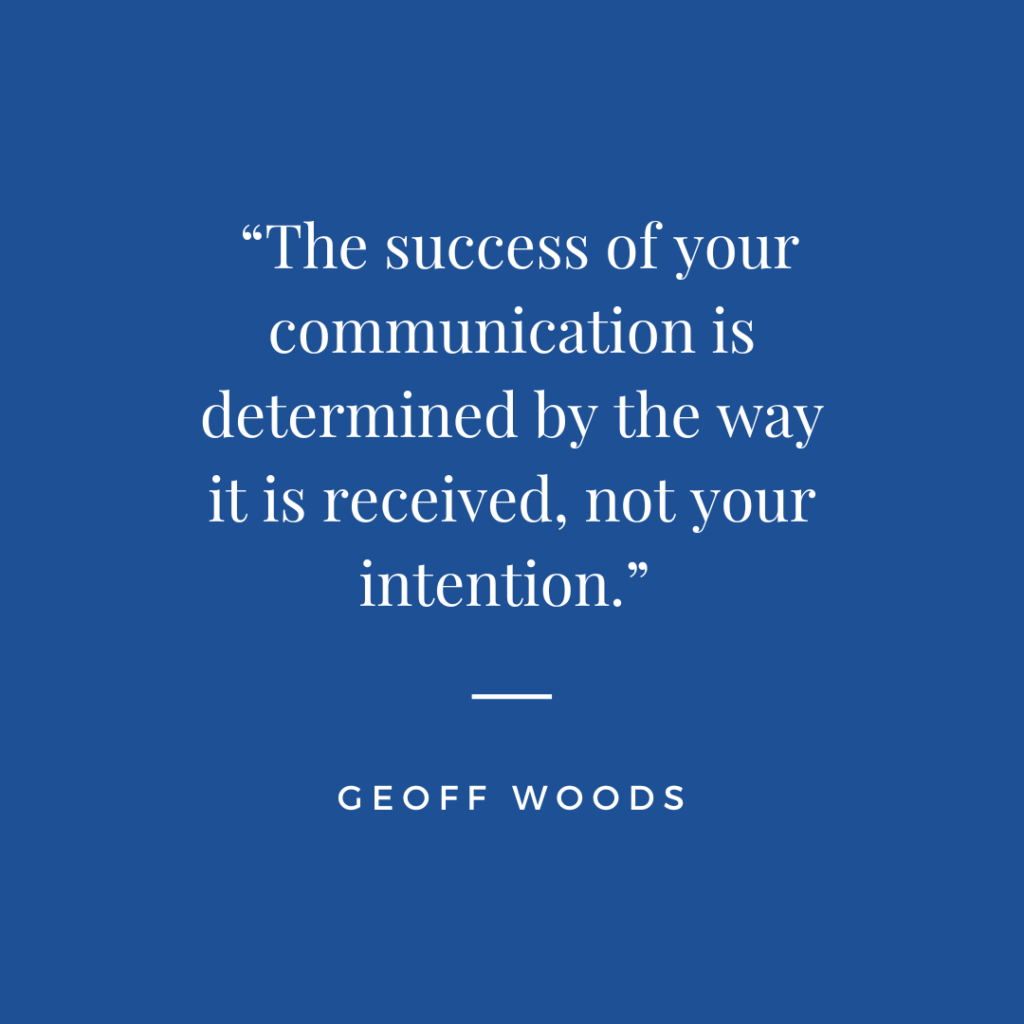
Recently, in Ohio, I had a great conversation with a group about the importance of effective communication and moving away from the term “Data-Driven,” as I believe it can do more harm than good. I contend that it is more appropriate to be “Learner-Driven, Evidence-Informed,” which is more aligned with the intentions of most people in education.
I wrote about this extensively in Innovate Inside the Box:
“When I denounce the term data-driven, the first challenge that comes in response is usually, ‘Are you saying data is not important?’
Not at all; in fact, this whole chapter is focused on the importance of data evidence and how it is crucial to serving students.
But we should be driven by students, not data.”
In fact, speaking to educators all over the world, I notice this divide over the term. I have said the following before:
“Data-driven is the stupidest term in education.”
When I say that to administrators, I often see discomfort or even some eye-rolling (that’s kind of the point!).
When I say it to teachers, I often hear clapping and cheering (unless their administrator is there; they frequently look at how they are reacting to ensure they don’t get in trouble for what they are about to do!).
So why the difference in reaction?
I believe it is less about what is being said and more about what is being heard.
My mentor once told me, “Assessment often drives your teaching, not the other way around.” In short, when many hear “data-driven,” they connect that language to scores. I am not saying that is the intent, but it is often what is heard. When people get frustrated that educators are “teaching to the test,” I ask them how often they discuss things beyond test scores when sharing “results” from their school. People will “teach to the test” if the “test” seems to be the priority.
So, how can we change the language to align with the thinking? Here is an example from the recent event in Ohio.
After my keynote, we had a large group discussion where one of the participants said something along the lines of, “I am struggling with your challenge on data-driven. Can we talk about that further?”
Awesome! I am all in.
I then asked her the following question: If you removed that part of my talk and focused on everything else I said, what percentage would you agree with me?
She responded, “Probably 100%!”
“Great! So, our philosophies are aligned on everything else except this one term. Moving forward, if you used the term ‘learner-driven, evidence-informed,’ would that align more with what you are trying to achieve while also bringing your teachers together?”
Immediately, she agreed.
The reason I say that “data-driven is the dumbest term in education” is partly because I think the term does a disservice to education. It is more aligned with business goals, but it can also lead to a disconnect with what the goal of education should be: to help learners find a pathway to success that is meaningful to them.
To do that, you have to know people as humans, not just numbers, which is often the perception of the term “data.”
Geoff Woods said the following in his book, The AI-Driven Leader:
“The success of your communication is determined by the way it is received, not your intention.”
If you use the term data-driven because you like it, that doesn’t make it any more digestible for those you serve.
Focus on what is heard and how it is interpreted rather than what you say. Do the things you say align with what you are hoping to achieve?
That is one way to help bring people forward, together.